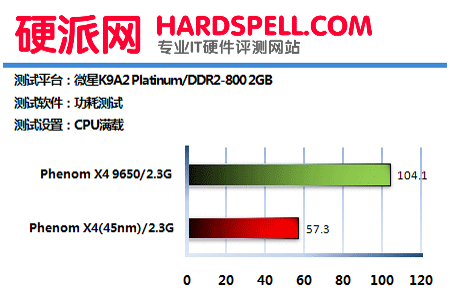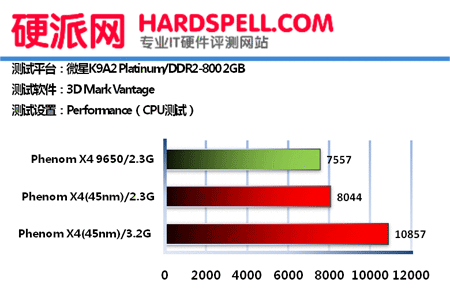zmatt
The Bulldog
- Messages
- 4,660
- Location
- In an empty Ramen packet
If that was true than I can say that Core2 was not made for 65nm either, as evidenced by the performance bump in Penryn. And Nehalem isn't made for 45nm because they will have a 32nm die shrink of that next year. You can't make such arguments. That is pure BS.





